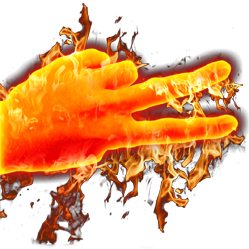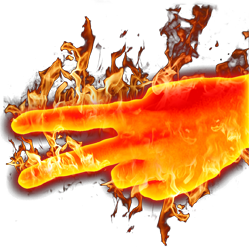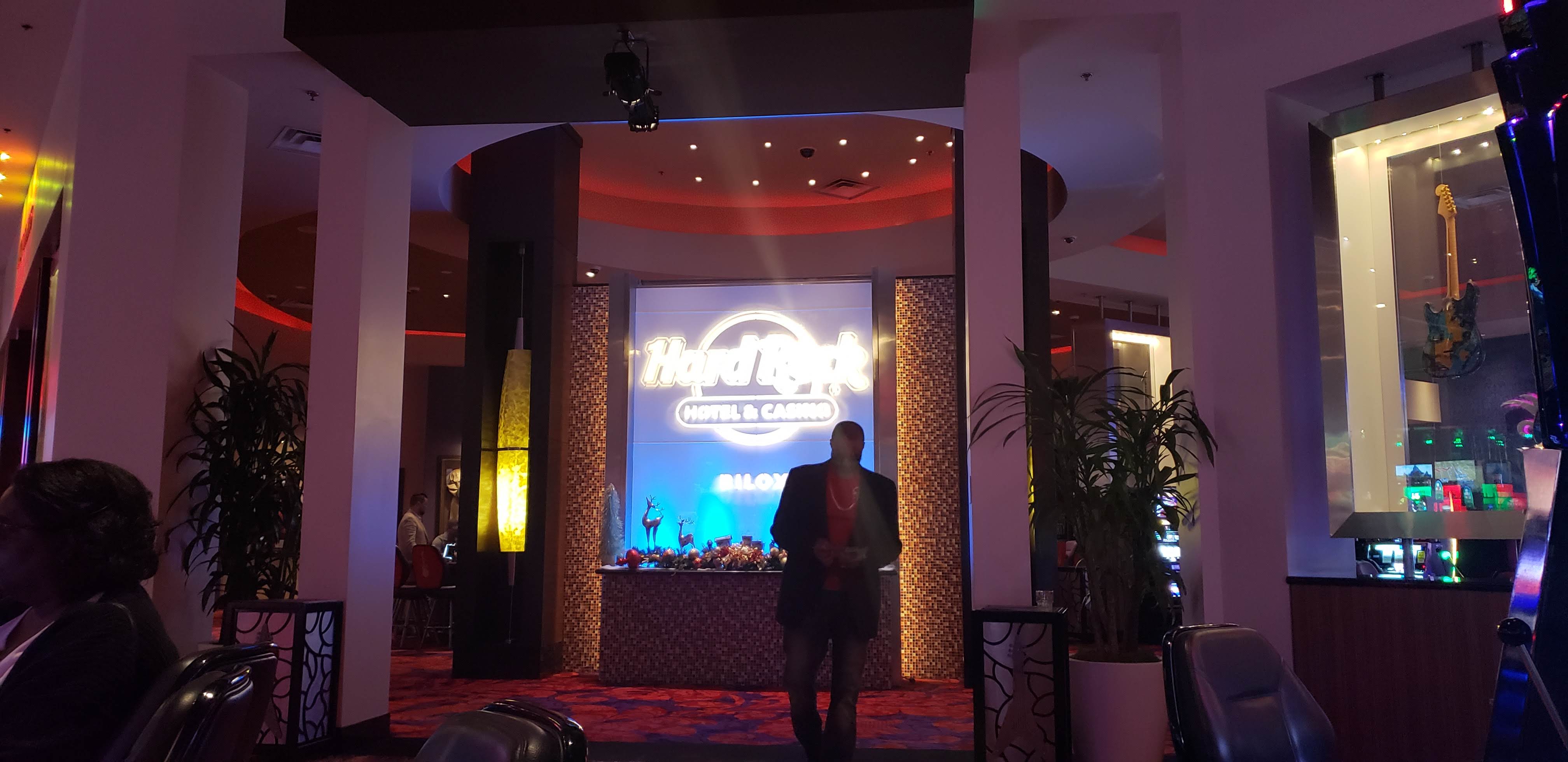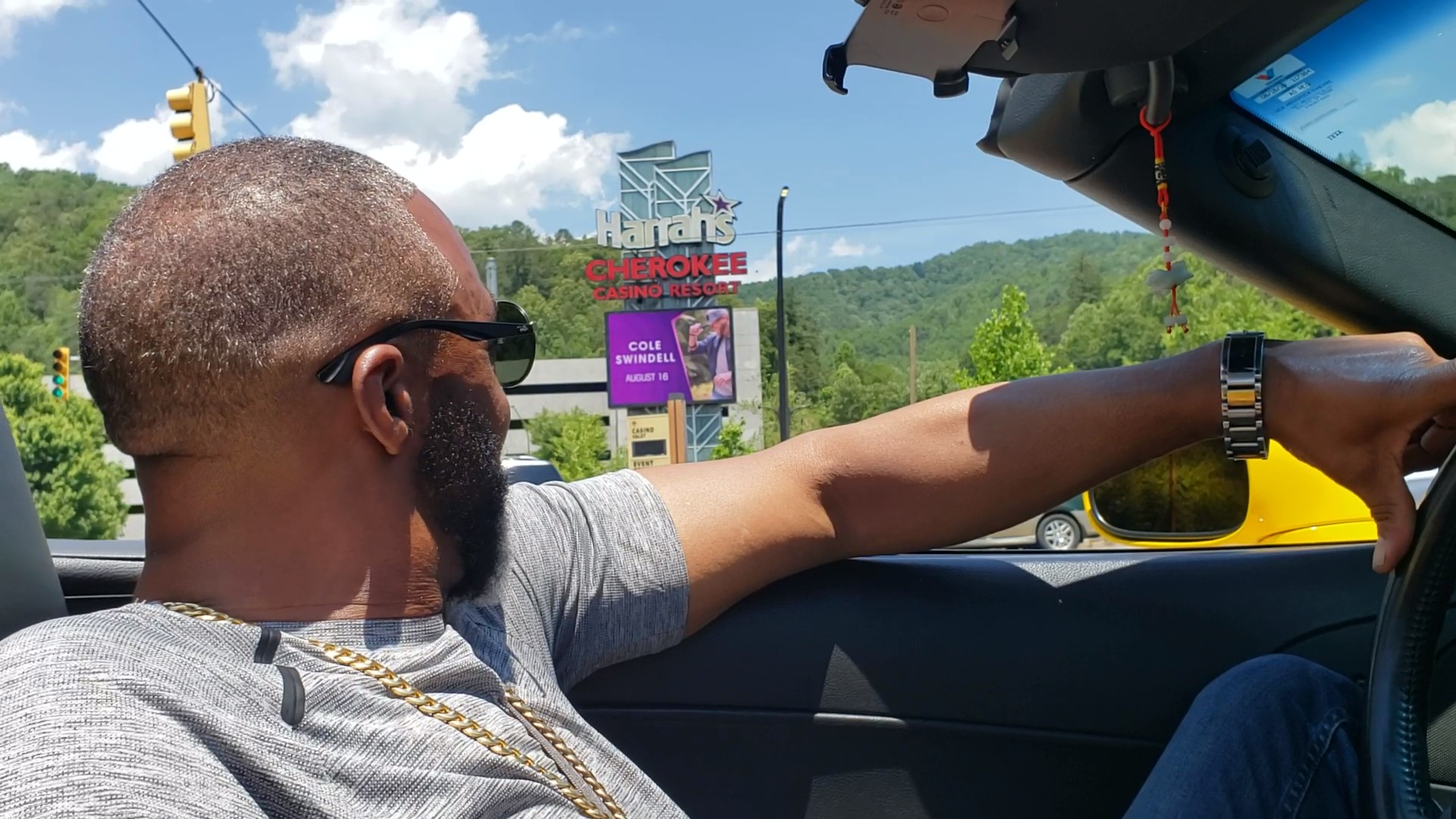On Friday, North Carolina Governor Roy Cooper (D) signed Senate Bill 154. The legislation expands the definition of Class III gaming in the state to include sports betting. The new gambling activity is now part of the tribe’s exclusive monopoly rights in the Tarheel State.
North Carolina joins 16 other states that have passed sports betting laws after the US Supreme Court struck down the federal ban in May 2018. The high court ruled that the Professional and Amateur Sports Protection Act of 1992 (PASPA) ran afoul of anti-commandeering interpretations of the Tenth Amendment.
The Eastern Band of Cherokee Indians own the Harrah’s Cherokee and Harrah’s Cherokee Valley River casino resorts. The sister properties are located 55 miles from one another connected by US 74, and operated by the Caesars company.
Harrah’s Cherokee is the larger of the two with more than 1,100 hotel rooms, 3,280 slot machines, and over 100 table games. Harrah’s Cherokee Valley River features a 300-room hotel with 1,000 slots and 70 tables.
No Mobile
Joining Nevada in getting sports betting operational is Delaware, New Jersey, West Virginia, Pennsylvania, Rhode Island, Mississippi, New Mexico, Arkansas, and New York. But unlike in many of those states, North Carolinians won’t have the luxury of placing a sports bet on their computer or mobile device.
Instead, bets will only be accepted in-person at the tribe’s land-based Harrah’s properties. Both are located in the Appalachian Mountains far from the state’s two busiest cities – Raleigh and Charlotte.
New Jersey, which has overtaken Nevada in taking the most money on sports – reports that more than 80 percent of the wagers are being made remotely. Data from the New Jersey Division of Gaming Enforcement reveals that of the $1.98 billion in 2019 handle, $1.6 billion has been conducted via the internet.
Prohibiting mobile bets will hamper total revenue and subsequent taxes in North Carolina.
Neighboring Tennessee has already passed legislation to govern sports wagering – including internet bets – and the forthcoming sportsbook operators don’t need to be attached to a brick-and-mortar venue. The Volunteer State doesn’t have commercial or tribal casinos.
Legislation to authorize sports betting is additionally being considered in South Carolina and Virginia.
Revenue Sharing
The Eastern Band of Cherokee Indians share five percent of their gross gaming revenue from table games with the state. Win from sports betting will be included in that taxable responsibility, but lawmakers aren’t banking on much coming their way.
The state estimates the two Harrah’s tribal casino sportsbooks could win about $14 million annually once up and running – which means the government’s take would be short of $1 million.
Adult tribal members receive an annual cut of the casino profits. That totaled $14,000 per person last year – an all-time record for the Native American group. The tribe says its current population is more than 13,000 strong.




